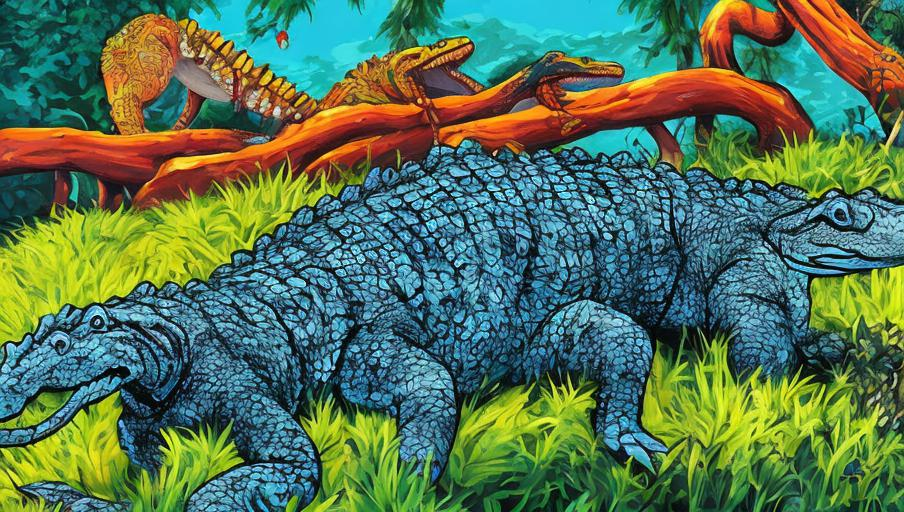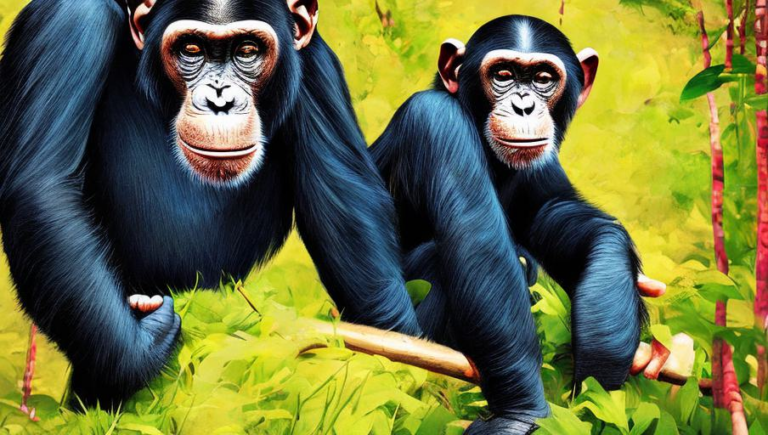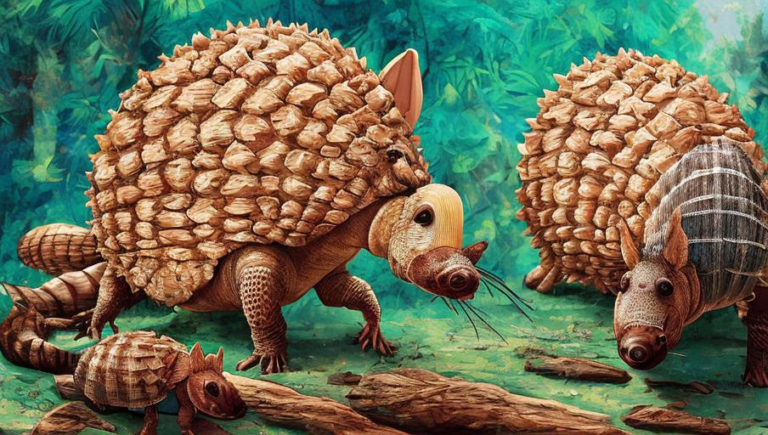Beyond the Swamp: The Role of Alligators in the Ecosystem

Introduction
Alligators are among the most iconic and well-known reptiles in the world, but have you ever wondered what role they play in their ecosystems? Alligators have evolved in many different ways over time and have adapted to their environment. They are crucial to the survival of many other species and can even help protect the environment. In this article, we will explore the role of alligators in the ecosystem and how they can help keep the environment healthy and safe.
Habitat and Adaptations
Alligators are found in a variety of habitats throughout the United States, including swamps, marshes, rivers, lakes, and oceans. They have adapted in many ways to survive in these different environments. For example, they have strong muscles that help them swim and move quickly in the water. They also have a thick, armored hide that helps protect them from predators. Alligators also have keen senses of smell and hearing that help them detect and hunt for food.
Keystone Species
Alligators are considered a keystone species, which means that they play a critical role in the health and balance of the ecosystem. Alligators act as apex predators at the top of their food chain, which helps to regulate the population of other species. They also provide shelter and food for many other animals. For example, they create dens or “gator holes” in the mud that provide shelter for turtles, fish, and other small creatures. In addition, they help to keep the population of smaller animals in balance by preying on them.
The Ripple Effect
The presence of alligators can also have a positive effect on the health of the environment. For example, they help to control the population of invasive species and keep the water clean by eating animals that would otherwise pollute the water. In addition, alligators act as a natural barrier to floods and storms by helping to absorb excess water and reduce the amount of erosion in their habitats.
Conservation Efforts
Although alligators are a keystone species, they are still vulnerable to habitat destruction and pollution. As a result, it is important to continue to work towards the conservation of their habitats. This includes establishing protected areas and working to reduce the effects of climate change. In addition, there are many organizations dedicated to helping protect alligators and their habitats, such as the American Alligator Foundation and the Florida Fish and Wildlife Conservation Commission.
Conclusion
Alligators play an important role in the health of the environment and are a keystone species. They provide shelter and food for other animals, help to reduce the effects of flooding and storms, and keep the water clean. It is important to continue to work towards the conservation of alligator habitats, as well as other species, to ensure the longevity of their populations and the health of the environment.





